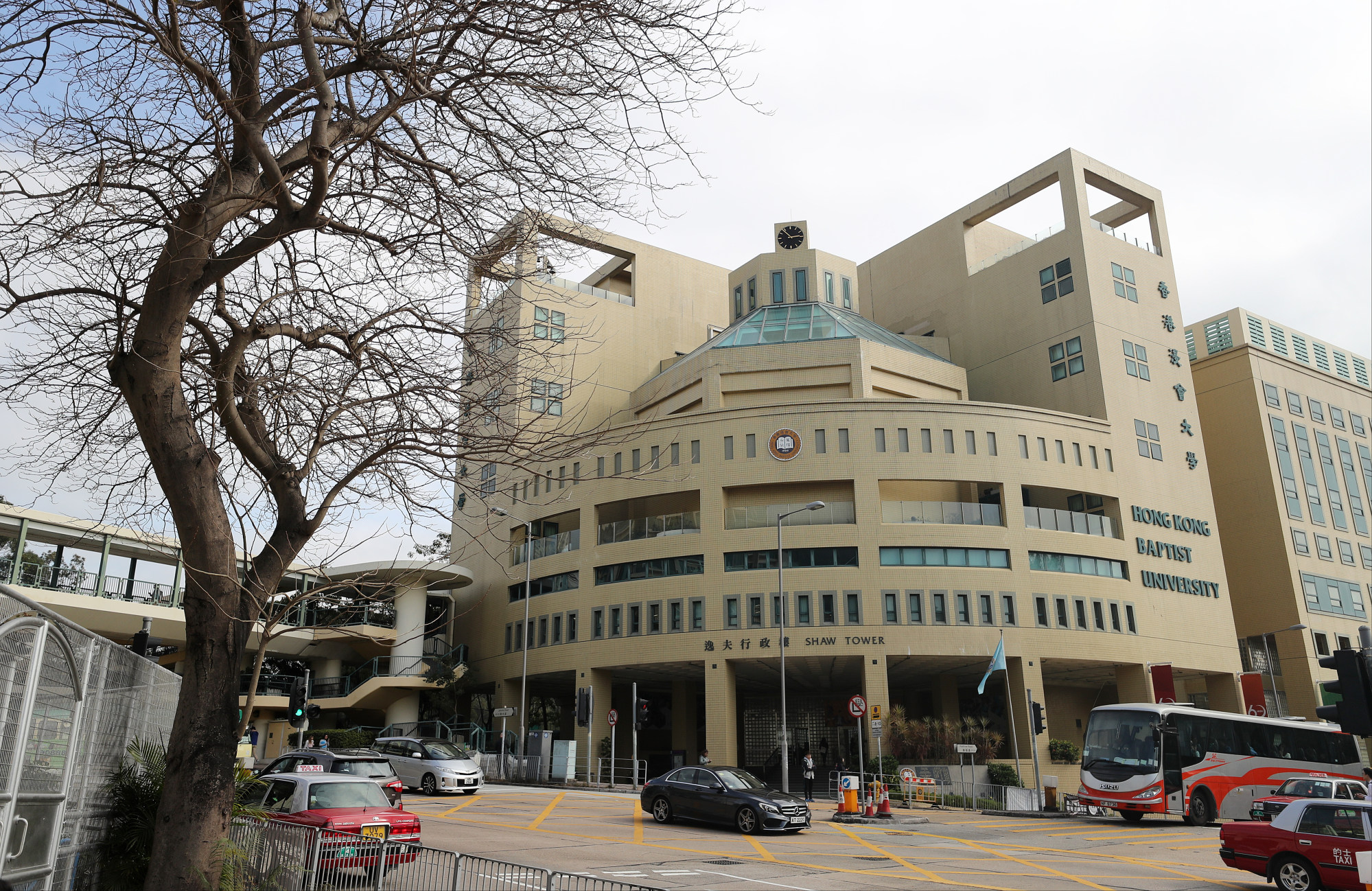
19 Hong Kong educational institutions signal interest in opening up in new Northern Metropolis academic town
- Education Bureau says one wants to set up international branch to offer self-financed joint programmes with top overseas university partners
- Bureau makes no promises, but says it is ‘comprehensively considering’ proposals and will develop new academic town ‘in phases’
The government added it planned to strengthen the “Study in Hong Kong” brand through the development of the Northern Metropolis University Town, an idea outlined in Chief Executive John Lee Ka-chiu’s policy address last October.
The Education Bureau, which did not name the institutions involved, revealed the major proposals in a paper submitted to the legislature on Wednesday.

The government confirmed one institution hoped to set up an international branch in the new town using a self-financing model, in addition to other proposals announced earlier.
The university, which was not identified, intends to provide more joint programmes with well-known overseas institutions for Hong Kong students, as well as those from elsewhere.
But the government did not make any promises over the proposals or outline a timetable for responses to them.
“The Education Bureau is currently comprehensively considering the proposals and collating the information submitted by the institutions … [we will] follow up this matter with the relevant bureaus or departments regarding matters related to the confirmation of land uses,” it said.
“Depending on the timeline of different sites available for development, the Education Bureau will be in touch with relevant institutions in a timely manner to take forward the development of Northern Metropolis University Town in phases.”
The bureau was speaking after the government announced it intended to double the non-city student quota to 40 per cent for programmes at publicly funded institutions from September.
The university town, which will cover about 60 hectares (148 acres) of the massive Northern Metropolis project, is expected to be completed some time after 2030 under a plan to foster collaboration with top mainland and overseas institutions.
The metropolis, proposed by the previous administration in 2021, will cover 30,000 hectares and be home to an international innovation and technology hub and 500,000 flats.
Other proposals included one from an institution that wanted to move its entire campus to the new academic town.
Baptist University, based in the prime area of Kowloon Tong, said in February it wanted to move all, or part of, its operations to the new hub.
Hong Kong’s Baptist University says it wants to move to new Northern Metropolis
Christine Choi Yuk-lin, the education secretary, earlier told the Post she was open to Baptist University’s proposal and that the government would examine land use in Kowloon Tong and the city’s needs.
“Kowloon Tong is a prime location,” Choi said last month. “Now, a university located there said it was willing to move out and vacate its campus.
“If there are any projects which are suitable to develop in that area, it may be good for Hong Kong.”
The paper also revealed some institutions planned to set up satellite campuses to provide more academic and research space to develop new areas of study, or move current programmes related to the Northern Metropolis.
Hong Kong University of Science and Technology and Lingnan University earlier indicated they had similar plans.
HKUST explained it hoped to set up a satellite campus to develop interdisciplinary education, medicine and innovation and technology. Lingnan said it was seeking a second campus to house research work.
The paper also mentioned one institution that planned to promote more collaborative exchanges with mainland campuses to promote synergy.
The bureau added several institutions had said they wanted to set up more shared resources, such as animal centres, data centres, student hostels, sports facilities and libraries.
A source at the Chinese University of Hong Kong confirmed it was among those that had expressed an interest in shared resources. The insider said it was also hoped to set up a research and innovation centre and a postgraduate village in the academic town.
The town will cover 60 hectares at Hung Shui Kiu and Ha Tsuen, Ngau Tam Mei and a new town in the northern New Territories.
The government has reserved about five hectares at Hung Shui Kiu and Ha Tsuen for the development of a new self-financing tertiary institution campus.
Hong Kong’s Baptist University eyes medical school for Western, Chinese medicine
The site is near the planned Hung Shui Kiu MTR station, which will start construction this year. The station is expected to be open by 2030.
“We expect the relevant institution could leverage the geographical and transport advantages of this area to nurture talent,” the government said.
A Legislative Council subcommittee on the Northern Metropolis is expected to meet next Tuesday to discuss postsecondary education development of the area.
Hong Kong had also managed to recruit more than 90 overseas academics under the government-backed Global STEM Professorship Scheme by late February.
An Innovation, Technology and Industry Bureau document submitted to legislators said 57 of them had already arrived in the city and started work.
About half – 28 – were involved in computer science and engineering. The rest worked in the fields of medicine, life sciences, natural sciences and others.
Twenty-four of them worked in the United States before they moved to Hong Kong, with others from Singapore, the United Kingdom, Australia and elsewhere.
Polytechnic University has hired at least 13 academics, the most among city academic institutions involved in the professorship scheme.
Academics will have up to half of their salaries subsidised by the government under the scheme. They could also receive further subsidies to recruit research team members for their work in the city.


